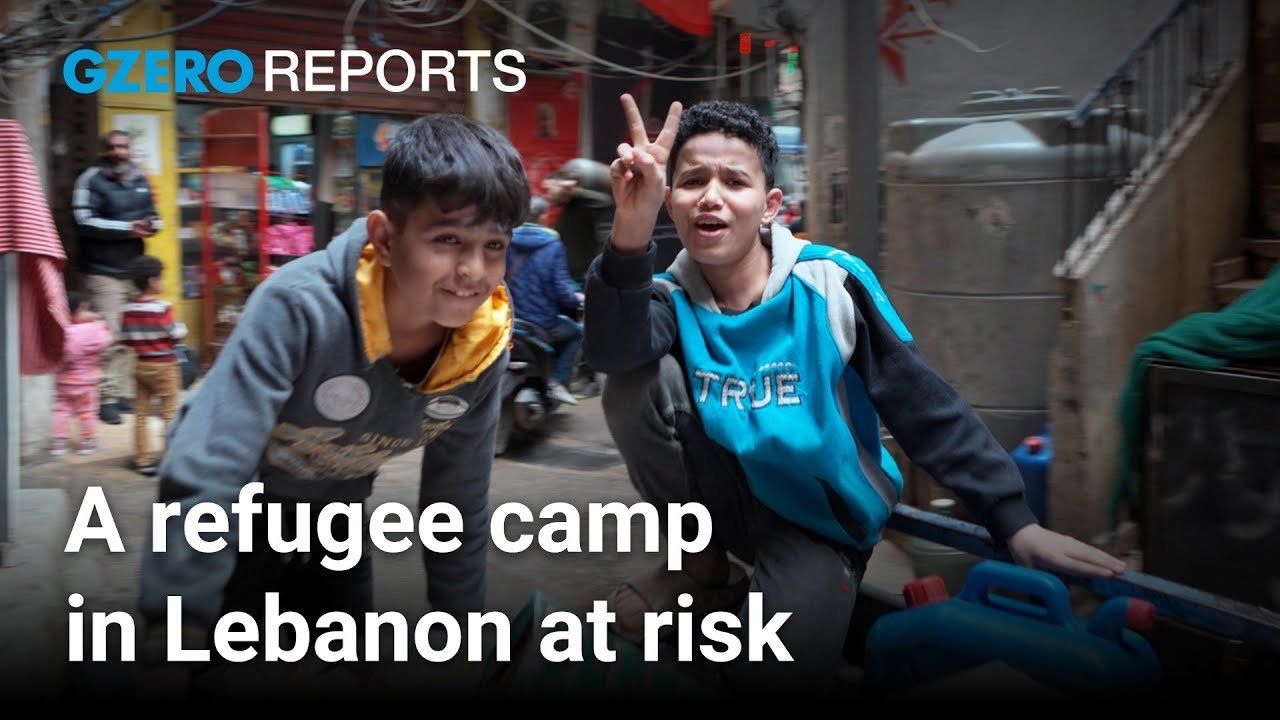
UNRWA funding cuts threaten Lebanon's Palestinian refugees | GZERO Reports
Until recently, the United States was the single biggest supporter of the UN Relief Workers Agency, or UNRWA, the organization that helps millions of Palestinian refugees in Gaza, the West Bank, and in camps throughout the Middle East. But after Israel’s government alleged that UNRWA workers were involved in the October 7 attacks, that funding is at risk of completely disappearing, putting the lives of almost 6 million Palestinians in jeopardy.
GZERO went inside the Shatila Camp in Beirut, one of Lebanon’s largest Palestinian refugee camps, to better understand what the loss of UNRWA funding would mean for the people who call it home—the teachers, doctors, and local government workers who rely on UNRWA to provide basic services, like education, healthcare, and clean water to residents. The agency says it has enough funds to last through June, but it will need to make some tough choices after that.
“The reason UNRWA still exists after 75 years is because there is no political solution,” says Dorothee Klaus, URWA’s Lebanon director, “It is time to find a solution for Palestinian refugees to live in dignity like everybody else.